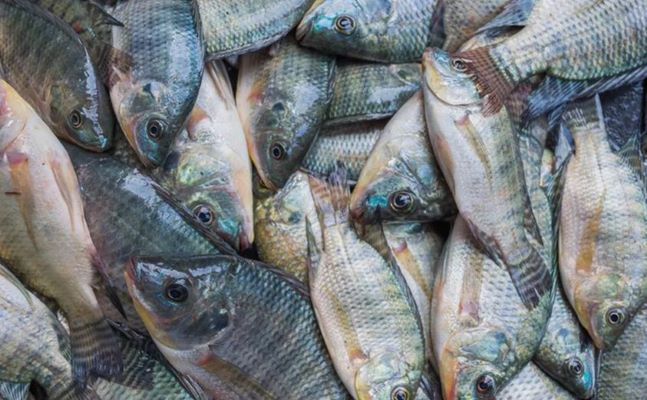The Kenya Fish Marketing Authority (KFMA), a state agency established in 2016 has come up with a strategic target to expand fish industry contribution to the national economy by 80 per cent from Ksh30 billion to Ksh150 billion in the next five years.
According to Hon. Martin Ogindo, KFMA Board Chair, the authority is keen to meet the target by intensifying efforts to enhance production and consumption of fish and fisheries products in the country.
He said while fish has numerous benefits such as rich source of omega-3 fatty acids and vitamins such as D and B2, calcium and phosphorus, iron, zinc, iodine, magnesium, and potassium, the delicacy is still shunned by some consumers.
Strategies in place
Ogindo says that in order to achieve the target, the authority will put strategies to spur growth such as tapping on the research and technical expertise for informed evidence-based decision and policy making, introduction of new value-added fish products, preventing post-harvest losses, and tightening quality assurance of fish products.
“It is encouraging that people have started considering fish in their menus even in areas in the country where fish was not consumed and we are confident that streamlining the industry values chains will help the country achieve mush in few years coming,” he said during a visit to Jomo Kenyatta University of Agriculture and Technology (JKUAT) to learn about the avenues for transfer of the University’s technologies in the blue economy space, where fishery resources are a major component.
According to Prof. Daniel Sila, Principal, College of Agriculture and Natural Resources (COANRE) at JKUAT, the university has improved targeted capabilities in sustainable exploitation of blue economy resources.
These include various innovations in aquaculture, human capital development, and extensive networks.
“We are currently working with stakeholders to boost the economic value of silver cyprinid fish, locally known as omena through promotion of consumption and reduction in postharvest loses,” said the professor.
Collaborative research project
Prof. Nelson Ojijo from JKUAT’s Department of Food Science & Technology and the Principal Investigator in a collaborative research project on silver cyprinid fish (omena) value chain upgrading with KFMA, the fish forms the bulk of the catch landings from Lake Victoria and supports over two million livelihoods.
The project is a sub-component of the regional project dubbed “Strengthening Agricultural Knowledge & Innovation Ecosystem for Inclusive Rural Transformation & Livelihoods in Eastern Africa (AIRTEA)” funded by the EU and coordinated by the Forum for Agricultural Research in Africa (FARA).
Through the project, JKUAT and partners (Kenya Marine and Fisheries Research Institute, JKUAT Enterprises Ltd, and Beach Management Units at Dunga, Kisumu County, and Marenga, Busia County) have deployed hybrid (solar and biomass) greenhouse fish drying units at Dunga Beach in Kisumu County and Marenga Omena Beach in Busia County, which are the two project sites. The hybrid unit can dry omena in just three hours leading to significant reduction in postharvest loses.
KFMA officials that include Gindo and KFMA CEO, Eng. Samuel Onyango who visited JKUAT said that a partnership with JKUAT would enable the Authority to realize its objectives, which include reducing post-harvest loses from the current average of 30% to below 10%.
Fish production and challenges
Eng. Onyango said that the sector is currently facing a number of challenges including low adoption of technology, uneven distribution of gains, lack of value-addition technologies and poor state of beach access roads.
Fish production in Kenya stood at 163,702 tons in 2021.
The per capita fish consumption in Kenya is relatively low and currently stands at 4.5 kg/person/year compared to Africa’s average of 10 kg/person/year. The global average consumption is 20 kg/person/year. The value-added omena-based products currently being developed by Prof. Ojijo and his team under the EU-funded project will go a long way in promoting fish consumption throughout the country.
Kenya currently has 445 documented fish landing points presenting a huge potential for integrated product visioning and value addition.









